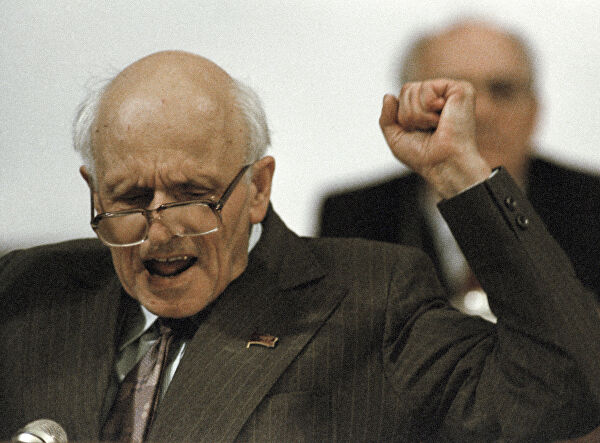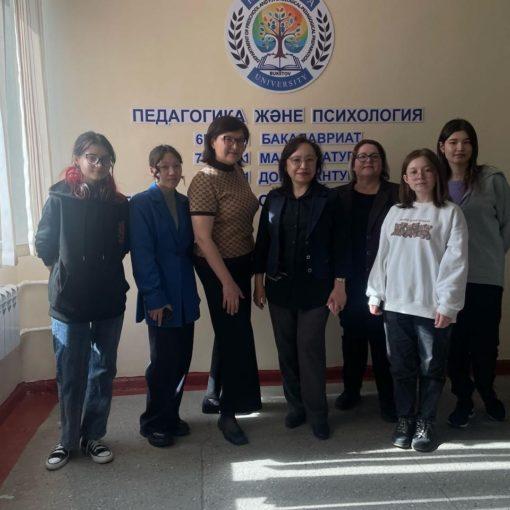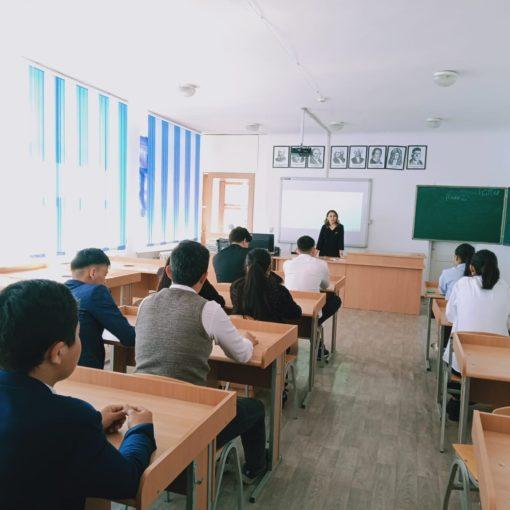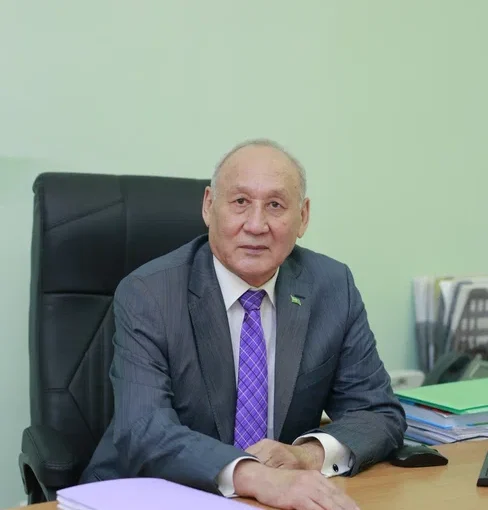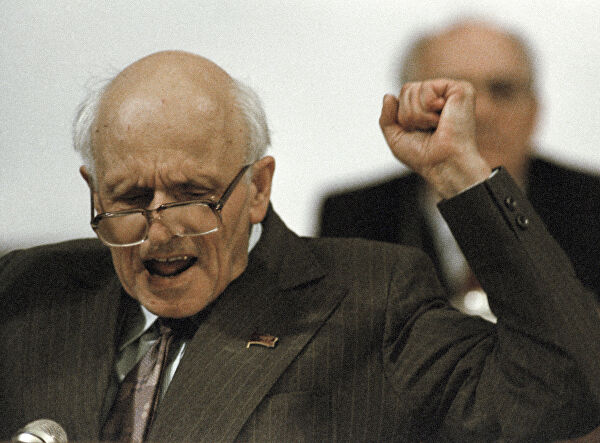
Throughout his life, Andrei Sakharov was a very brave man. He was not afraid to speak openly as a human rights activist, to oppose the rehabilitation of Stalin and to demand an end to nuclear testing. As a result, in the 1960s he came under KGB surveillance, his apartment was regularly searched, and the scientist himself began being harassed in the press.
When military conflict broke out in Afghanistan, Andrei Sakharov spoke out sharply against the introduction of Soviet troops into the country. As a result, in early 1980, he was arrested and sent into exile in the closed city of Gorky (now Nizhny Novgorod). He was also stripped of the Lenin and Stalin Prizes, the title of thrice Hero of the Soviet Union, and generally all state honors.
Secretary General Andropov, who ruled the Soviet Union for several years, said he was ready to pardon the scientist if he asked for it himself. Upon learning of this, Sakharov declared that Andropov would not wait for it, and said that there would be no pardon on his part. Soon Gorbachev came to power, and he himself called Andrei Dmitrievich to inform him about his pardon.
During his time in exile, the scientist arrested along with his wife went on three hunger strikes lasting from 17 to 178 days as a sign of protest. The first time he demanded the right to travel abroad for his daughter-in-law, the second time he insisted that the criminal prosecution of his wife be stopped, and the third time he wished that his wife be allowed to travel abroad for a complicated heart operation. During this time, Sakharov was hospitalized many times and, with varying success, tried to be force-fed.
During his life, Andrei Sakharov never became rich. To be exact, he did have money, and not a small one, but in 1969 he donated all his savings to build a cancer center in Moscow and to help the international organization “Red Cross”. The amount was very impressive – about 139,000 rubles. For comparison, an ordinary engineer then received 100-120 rubles per month.

